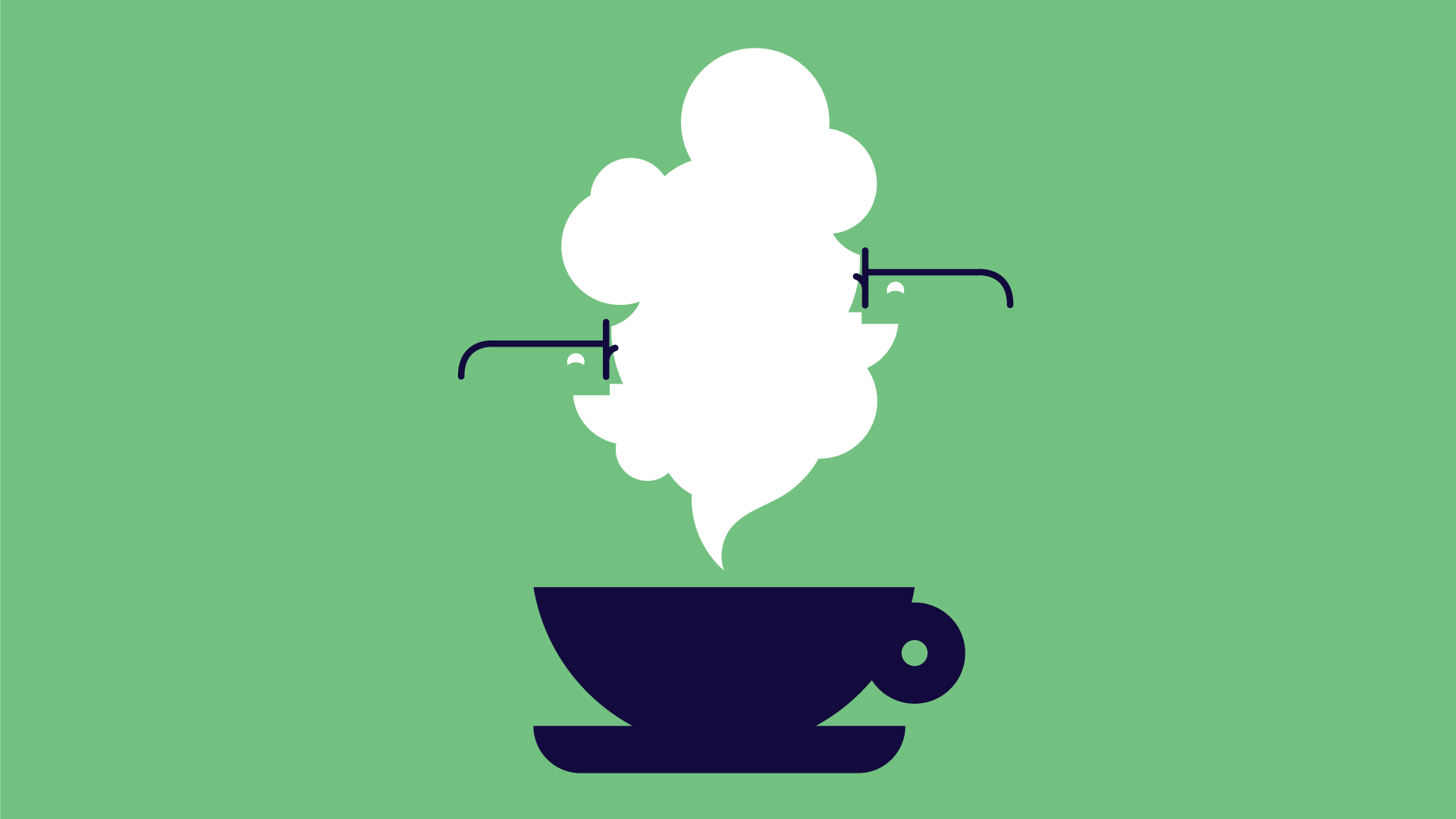Core Concepts
Being truly happy involves embracing all emotions, connecting with others, and finding meaning in life. Happiness experts emphasize the importance of acknowledging negative feelings and cultivating positive habits to boost well-being.
Abstract
Happiness experts stress the significance of accepting all emotions, fostering connections, and finding purpose in life. They highlight the value of social relationships, pursuing hobbies, getting sufficient sleep, and spending time in nature. Coping strategies include breathing exercises, reading poetry, and engaging in activities that bring joy. Overall, happiness is a multifaceted concept that requires a balance of emotional acceptance and positive habits.
Customize Summary
Rewrite with AI
Generate Citations
Translate Source
To Another Language
Generate MindMap
from source content
Visit Source
time.com
The Daily Habits of Happiness Experts
Stats
"Spending money on others is linked to happiness."
"Many reliable ways to increase happiness levels are free."
"Most respondents carved out space for hobbies five to six times a week."
"More than half of the experts reported basking in nature at least three times a week."
"Respondents prioritized getting at least seven hours of sleep per night."
Quotes
"Money can’t buy happiness, but it can buy many things that contribute mightily." - Gretchen Rubin
"We err when we assume that focusing on happiness means acting like a 'Pollyanna.'" - Judith T. Moskowitz
"Social relationships are the chief building blocks of happiness." - John Zelenski
Key Insights Distilled From
by at time.com 02-21-2024
https://time.com/6241099/daily-habits-happiness-experts/
Deeper Inquiries
What role do external factors play in influencing individual happiness?
External factors can have a significant impact on individual happiness. While internal factors like mindset and attitude play a crucial role, external circumstances such as relationships, financial stability, and environmental conditions can also influence one's overall sense of well-being. For example, social connections and community support are essential for happiness, as highlighted by the experts who emphasized the importance of spending time with family and friends. Additionally, access to resources, opportunities for personal growth, and a sense of belonging in society can contribute to an individual's happiness levels. It is important to recognize that while external factors can influence happiness, individuals also have the power to cultivate internal resilience and positive emotions to navigate challenging circumstances.
Is there a downside to prioritizing personal happiness over other aspects of life?
While prioritizing personal happiness is important for overall well-being, there can be potential downsides if it is pursued at the expense of other aspects of life. For instance, solely focusing on individual happiness without considering the well-being of others or neglecting responsibilities may lead to feelings of isolation or selfishness. It is essential to strike a balance between pursuing personal happiness and fulfilling obligations towards family, work, and community. Moreover, excessive emphasis on personal happiness without addressing deeper issues or challenges in life may result in superficial or temporary gratification. Therefore, integrating values such as compassion, empathy, and contribution to society alongside personal happiness can lead to a more fulfilling and sustainable sense of well-being.
How can ancient wisdom about happiness be applied in modern society?
Ancient wisdom about happiness often emphasizes timeless principles that are still relevant in modern society. Practices such as mindfulness meditation, gratitude exercises, and cultivating meaningful relationships have been advocated by both ancient philosophies and contemporary experts as pathways to greater well-being. By incorporating these ancient teachings into daily habits and routines, individuals can enhance their emotional resilience, reduce stress levels, and foster deeper connections with themselves and others.
Furthermore, ancient wisdom often highlights the importance of acceptance, self-reflection, and living in harmony with nature—all of which are valuable lessons that can be applied in today's fast-paced world. By embracing simplicity, practicing self-care rituals inspired by ancient traditions, and seeking wisdom from diverse cultural perspectives on happiness, individuals can find guidance on navigating the complexities of modern life while staying grounded in fundamental principles that promote lasting fulfillment.
0
